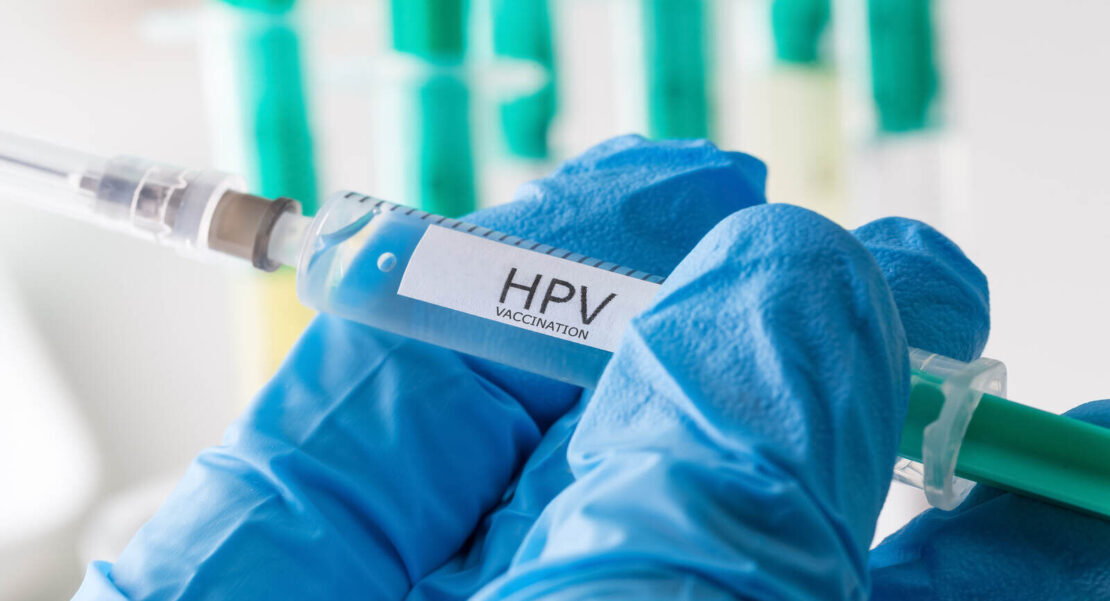What do you need to know about HPV vaccination?
Since 99% of cervical cancers arise from persistent HPV infection, vaccination against HPV has the potential to eliminate cervical cancer. If given at appropriate age before the start of sexual activity to adolescent girls, vaccine efficacy approaches 100% in preventing type specific HPV persistence. Thus consult your Gynaecologist/Gynecological Oncologist today.
Here's what you need to know about HPV vaccination:
It's important to consult with a healthcare professional or your doctor for personalized advice and information regarding HPV vaccination, as they can provide the most up-to-date guidance based on your individual circumstances.
Here's what you need to know about HPV vaccination:
- Purpose: The primary purpose of HPV vaccination is to protect against certain types of HPV that can lead to various types of cancer. HPV is known to cause cervical, vaginal, vulvar, anal, penile, and oropharyngeal (throat) cancers. The vaccine also helps prevent genital warts, which are caused by some types of HPV.
- Recommended age: HPV vaccination is typically recommended for both males and females starting at the age of 11 or 12. The vaccine is most effective when given before a person becomes sexually active and potentially exposed to the virus. However, it can still be beneficial for those who have already become sexually active or have had prior HPV infections.
- Vaccine types: There are several HPV vaccines available, with the most commonly used ones being Gardasil and Cervarix. These vaccines protect against the most common types of HPV associated with cancer and genital warts. Some newer vaccines like Gardasil 9 provide protection against additional types of HPV.
- Dosage: The HPV vaccine is typically administered in a series of two or three doses, depending on the age at which the vaccination series begins. For individuals aged 9-14, two doses are recommended with an interval of 6 to 12 months between doses. For those starting at age 15 or older, a series of three doses is usually required, with the second dose given one to two months after the first, and the third dose administered six months after the first dose.
- Effectiveness: HPV vaccines have been shown to be highly effective in preventing the targeted HPV infections and related diseases. They have been extensively tested in clinical trials and have proven to be safe and effective in preventing HPV infections and reducing the risk of HPV-related cancers and genital warts.
- Side effects: The HPV vaccine is generally safe and well-tolerated. Common side effects include pain, redness, or swelling at the injection site. Some people may also experience mild fever, headache, fatigue, or muscle aches. Serious side effects are extremely rare.
- Other preventive measures: While HPV vaccination is highly effective, it does not protect against all types of HPV. It is important to continue practicing safe sexual behaviors, such as using condoms, to reduce the risk of HPV and other sexually transmitted infections. Regular cervical cancer screening, such as Pap tests, is also crucial for early detection and treatment.
It's important to consult with a healthcare professional or your doctor for personalized advice and information regarding HPV vaccination, as they can provide the most up-to-date guidance based on your individual circumstances.


